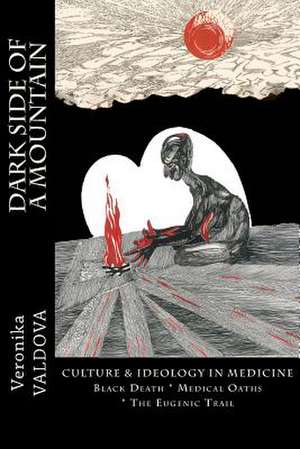Dark Side of a Mountain
Autor Veronika Valdova Ilustrat de Veronika Valdovaen Limba Engleză Paperback
Preț: 68.41 lei
Preț vechi: 72.01 lei
-5% Nou
Puncte Express: 103
Preț estimativ în valută:
13.09€ • 13.70$ • 10.83£
13.09€ • 13.70$ • 10.83£
Carte disponibilă
Livrare economică 15-29 martie
Preluare comenzi: 021 569.72.76
Specificații
ISBN-13: 9781468001136
ISBN-10: 1468001132
Pagini: 206
Dimensiuni: 152 x 229 x 11 mm
Greutate: 0.28 kg
Editura: CREATESPACE
ISBN-10: 1468001132
Pagini: 206
Dimensiuni: 152 x 229 x 11 mm
Greutate: 0.28 kg
Editura: CREATESPACE
